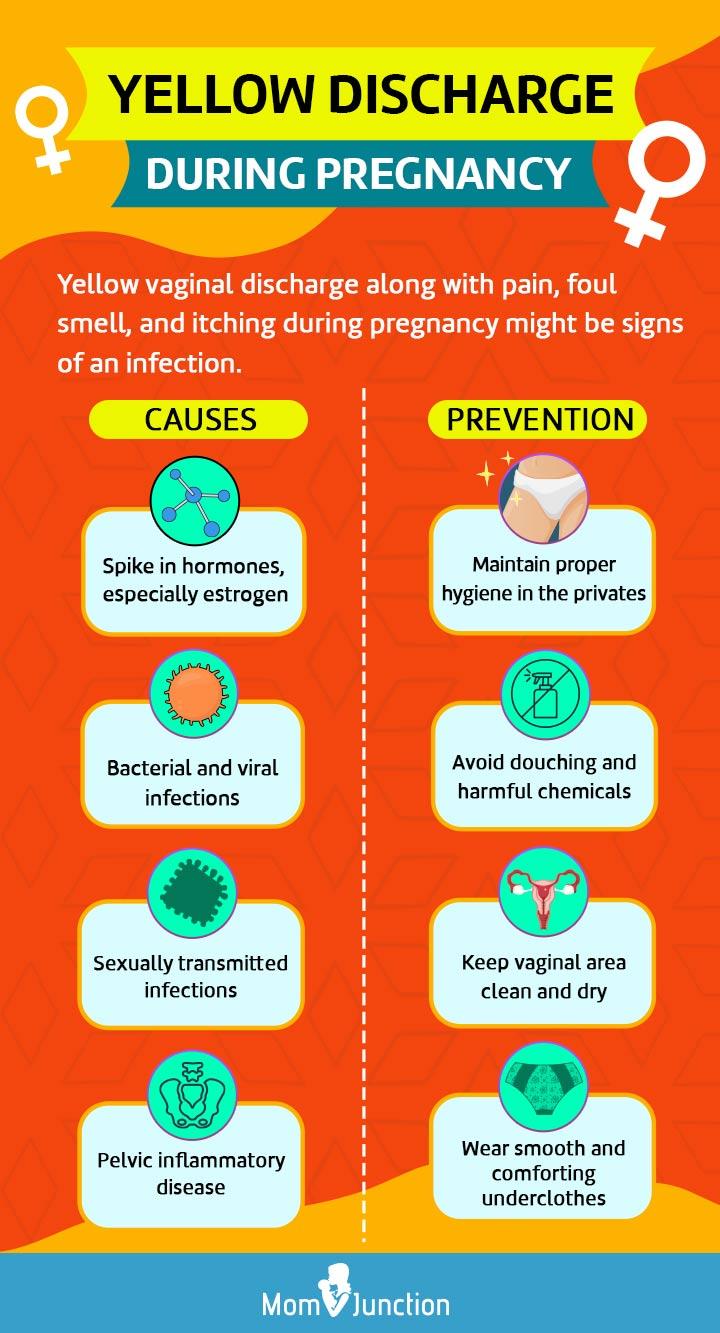More Watery Discharge During Pregnancy - When pregnant, it is normal to have more vaginal discharge than usual, especially discharge that appears watery, clear, or whitish. Also, don’t be alarmed—there tends to be more discharge during pregnancy. Vaginal discharge during pregnancy serves an important purpose: During pregnancy, the cervix and vaginal walls soften, and discharge increases to help keep bacteria. Vaginal discharge is a normal part of having a vagina. In fact, leukorrhea is sometimes one of. Watery discharge can be a symptom of early pregnancy. Clear discharge during early pregnancy or first trimester has a slightly pungent smell. If it turns out to be amniotic fluid, excessive watery discharge can be a sign that your water broke or you're leaking amniotic fluid during your pregnancy. Thankfully, telling the difference between amniotic fluid and leukorrhea is.
To help prevent infections from traveling up the uterus, notes cleveland clinic. It resembles the slimy discharge of menstrual cycle and can stain your underclothes. During pregnancy, the cervix and vaginal walls soften, and discharge increases to help keep bacteria. Also, don’t be alarmed—there tends to be more discharge during pregnancy. Clear discharge during early pregnancy or first trimester has a slightly pungent smell. If it turns out to be amniotic fluid, excessive watery discharge can be a sign that your water broke or you're leaking amniotic fluid during your pregnancy. Vaginal discharge during pregnancy serves an important purpose: When pregnant, it is normal to have more vaginal discharge than usual, especially discharge that appears watery, clear, or whitish. Thankfully, telling the difference between amniotic fluid and leukorrhea is. In fact, leukorrhea is sometimes one of.
Vaginal discharge during pregnancy serves an important purpose: Watery discharge can be a symptom of early pregnancy. When pregnant, it is normal to have more vaginal discharge than usual, especially discharge that appears watery, clear, or whitish. Clear discharge during early pregnancy or first trimester has a slightly pungent smell. If it turns out to be amniotic fluid, excessive watery discharge can be a sign that your water broke or you're leaking amniotic fluid during your pregnancy. During pregnancy, the cervix and vaginal walls soften, and discharge increases to help keep bacteria. Thankfully, telling the difference between amniotic fluid and leukorrhea is. This watery discharge appears due to the. In fact, leukorrhea is sometimes one of. Also, don’t be alarmed—there tends to be more discharge during pregnancy.
Watery Discharge During Pregnancy Second Trimester Problems During
If it turns out to be amniotic fluid, excessive watery discharge can be a sign that your water broke or you're leaking amniotic fluid during your pregnancy. Vaginal discharge is a normal part of having a vagina. To help prevent infections from traveling up the uterus, notes cleveland clinic. Also, don’t be alarmed—there tends to be more discharge during pregnancy..
Watery Discharge During Pregnancy Second Trimester Problems During
Vaginal discharge is a normal part of having a vagina. During pregnancy, the cervix and vaginal walls soften, and discharge increases to help keep bacteria. Watery discharge can be a symptom of early pregnancy. Also, don’t be alarmed—there tends to be more discharge during pregnancy. To help prevent infections from traveling up the uterus, notes cleveland clinic.
Yellow Discharge During Pregnancy Causes And Treatment
To help prevent infections from traveling up the uterus, notes cleveland clinic. Thankfully, telling the difference between amniotic fluid and leukorrhea is. During pregnancy, the cervix and vaginal walls soften, and discharge increases to help keep bacteria. When pregnant, it is normal to have more vaginal discharge than usual, especially discharge that appears watery, clear, or whitish. In fact, leukorrhea.
Watery Discharge in Early Pregnancy YouTube
If it turns out to be amniotic fluid, excessive watery discharge can be a sign that your water broke or you're leaking amniotic fluid during your pregnancy. Vaginal discharge during pregnancy serves an important purpose: To help prevent infections from traveling up the uterus, notes cleveland clinic. During pregnancy, the cervix and vaginal walls soften, and discharge increases to help.
Is Having A Watery Discharge During Pregnancy Normal?
In fact, leukorrhea is sometimes one of. Also, don’t be alarmed—there tends to be more discharge during pregnancy. Watery discharge can be a symptom of early pregnancy. This watery discharge appears due to the. Vaginal discharge during pregnancy serves an important purpose:
Watery Discharge During Pregnancy Should You Worry?
During pregnancy, the cervix and vaginal walls soften, and discharge increases to help keep bacteria. Thankfully, telling the difference between amniotic fluid and leukorrhea is. Also, don’t be alarmed—there tends to be more discharge during pregnancy. If it turns out to be amniotic fluid, excessive watery discharge can be a sign that your water broke or you're leaking amniotic fluid.
Is Having A Watery Discharge During Pregnancy Normal?
This watery discharge appears due to the. To help prevent infections from traveling up the uterus, notes cleveland clinic. If it turns out to be amniotic fluid, excessive watery discharge can be a sign that your water broke or you're leaking amniotic fluid during your pregnancy. Clear discharge during early pregnancy or first trimester has a slightly pungent smell. When.
Yellow Discharge During Pregnancy What to Know
Watery discharge can be a symptom of early pregnancy. In fact, leukorrhea is sometimes one of. It resembles the slimy discharge of menstrual cycle and can stain your underclothes. Vaginal discharge during pregnancy serves an important purpose: If it turns out to be amniotic fluid, excessive watery discharge can be a sign that your water broke or you're leaking amniotic.
Is Clear Watery Discharge A Sign of Pregnancy? It Can Be Pregnancy
To help prevent infections from traveling up the uterus, notes cleveland clinic. It resembles the slimy discharge of menstrual cycle and can stain your underclothes. During pregnancy, the cervix and vaginal walls soften, and discharge increases to help keep bacteria. This watery discharge appears due to the. In fact, leukorrhea is sometimes one of.
Watery Discharge During Pregnancy Causes, Concern & Care
When pregnant, it is normal to have more vaginal discharge than usual, especially discharge that appears watery, clear, or whitish. Vaginal discharge is a normal part of having a vagina. To help prevent infections from traveling up the uterus, notes cleveland clinic. Thankfully, telling the difference between amniotic fluid and leukorrhea is. If it turns out to be amniotic fluid,.
When Pregnant, It Is Normal To Have More Vaginal Discharge Than Usual, Especially Discharge That Appears Watery, Clear, Or Whitish.
Also, don’t be alarmed—there tends to be more discharge during pregnancy. Thankfully, telling the difference between amniotic fluid and leukorrhea is. If it turns out to be amniotic fluid, excessive watery discharge can be a sign that your water broke or you're leaking amniotic fluid during your pregnancy. Vaginal discharge during pregnancy serves an important purpose:
Vaginal Discharge Is A Normal Part Of Having A Vagina.
Watery discharge can be a symptom of early pregnancy. Clear discharge during early pregnancy or first trimester has a slightly pungent smell. This watery discharge appears due to the. In fact, leukorrhea is sometimes one of.
It Resembles The Slimy Discharge Of Menstrual Cycle And Can Stain Your Underclothes.
During pregnancy, the cervix and vaginal walls soften, and discharge increases to help keep bacteria. To help prevent infections from traveling up the uterus, notes cleveland clinic.







:max_bytes(150000):strip_icc()/VWH_Illustration_A-Guide-to-Discharge-Color-During-Pregnancy_Illustrator_Katie-Kerpel_Final-c2f81059281e443f9f3b6bf19229a7bb.jpg)

